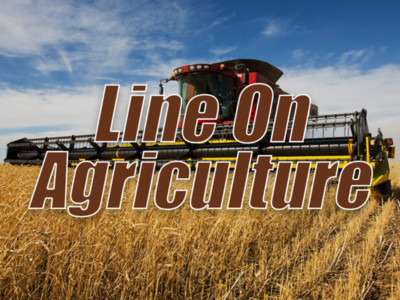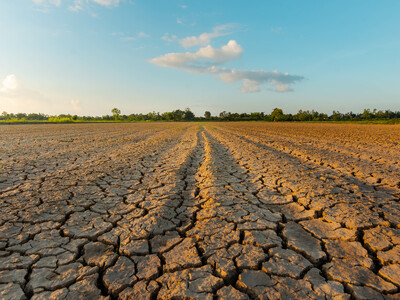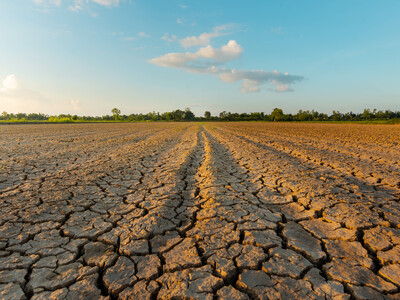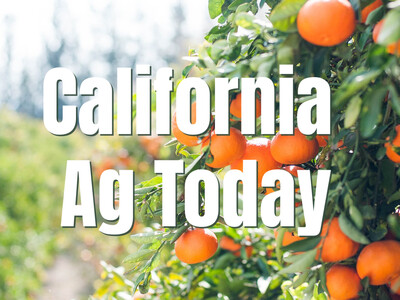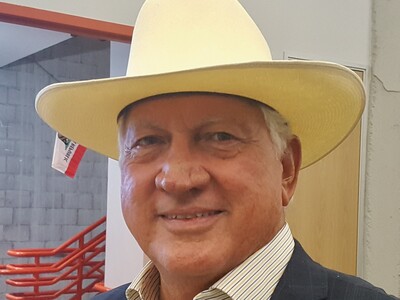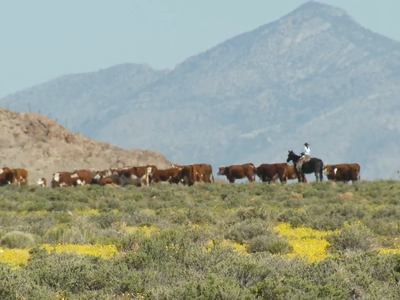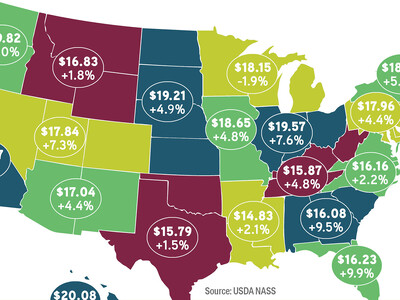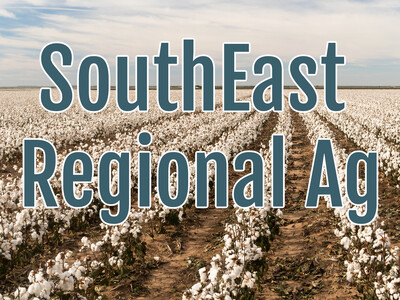Keeping Farmland Intact
Keeping Farmland Intact. I’m Greg Martin with today’s Line On Agriculture.
Since its enactment in 2006 - a tax incentive has helped
PENN: How do we feed ourselves? Should we end up destroying a large portion of our good farmland? It seems that cities tend to congregate on land that’s good farmlands, beyond that it’s just a quality of life issue. Everyone wants to have some green space in which to visit even if you don’t live there and the only way to preserve it is to make it undevelopable, if that’s a word.
With his third conservation easement - Penn took advantage of the federal conservation easement tax incentive - which was extended in the 2008 Farm Bill. The renewed incentive helps landowners choose conservation by allowing qualified farmers and ranchers to deduct up to 100-percent of their adjusted gross income and increasing the number of years over which the donor can take deductions to 16 years. When farmers and ranchers take advantage - Penn says it benefits local communities - providing a way to protect clean air, water, valuable natural resources and food production; keeping land on the tax rolls; and even increasing land values.
PENN: The land values are such that when you give up a conservation easement the government is allowing you a value for the diminishment of the value of your land by having that easement upon it – that restriction on it. And it’s proven the case in Maryland and Napa Valley and starting to be here in Central Kentucky that if you have a large enough area conserved together that it actually improves the land value because someone is willing to buy the farm is assured that their neighbors cannot develop it so if we can get enough people participating in this sort of program I think it has a large upside.
Penn says landowners thinking about protecting their land need to act quickly. At the same time - he says it’s important to urge Congress to make the incentive permanent.
That’s today’s Line On Agriculture. I’m Greg Martin on the Northwest Ag Information Network.






